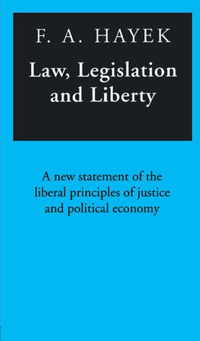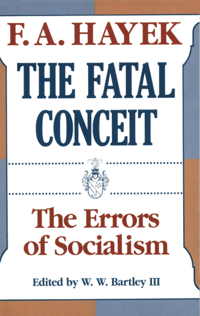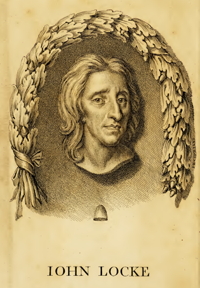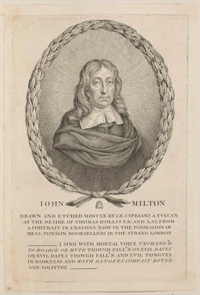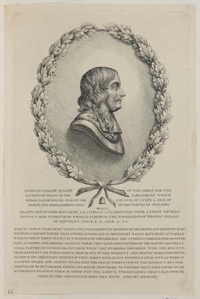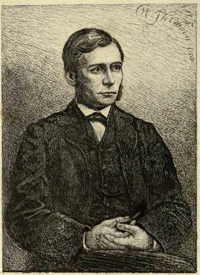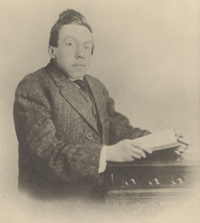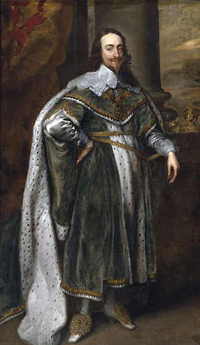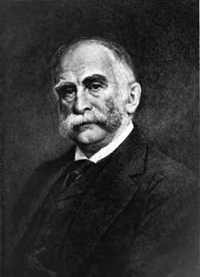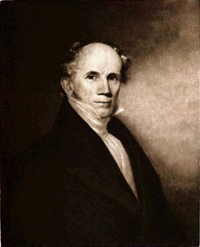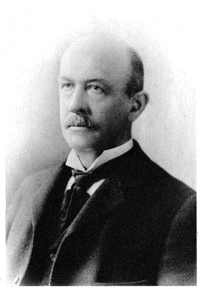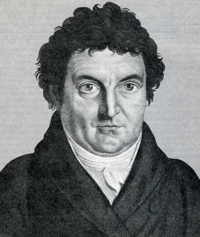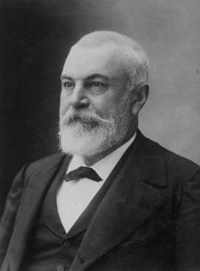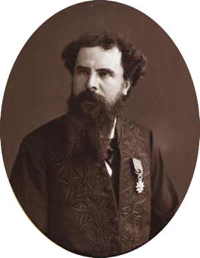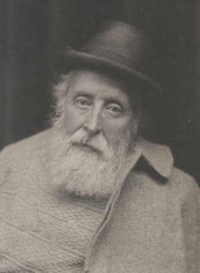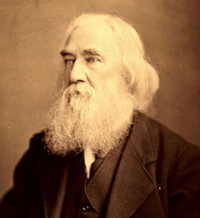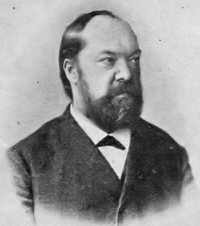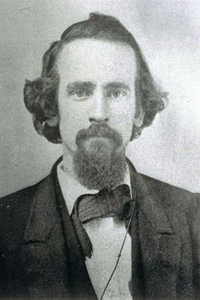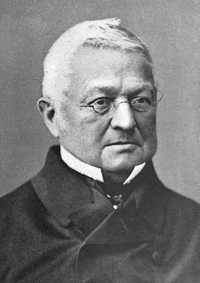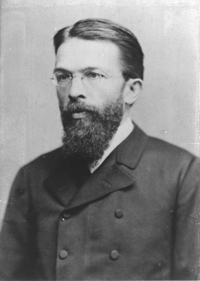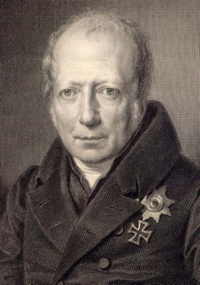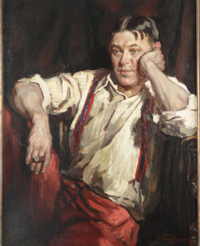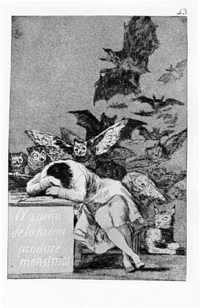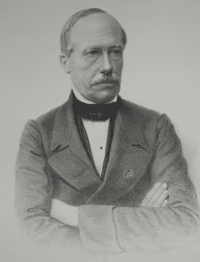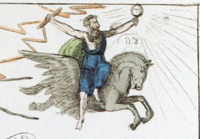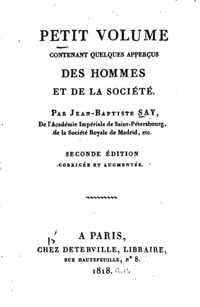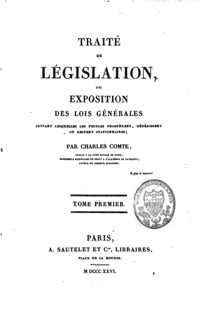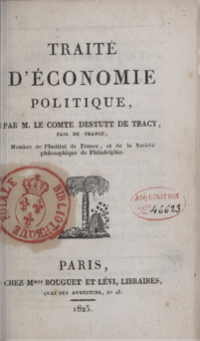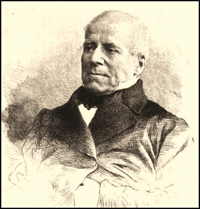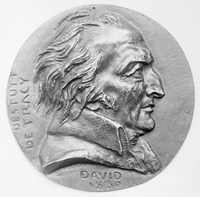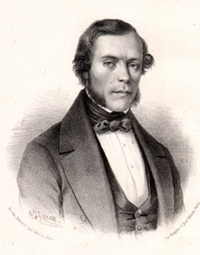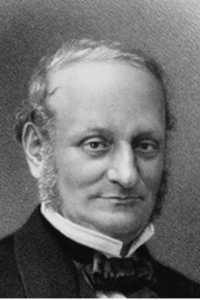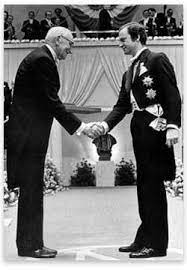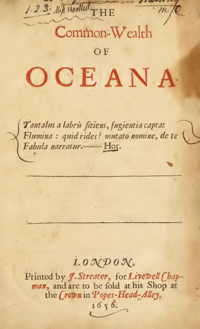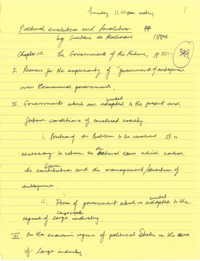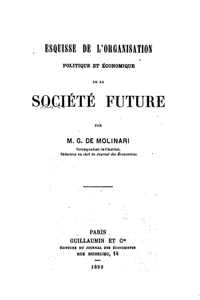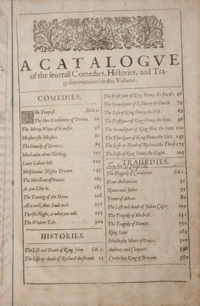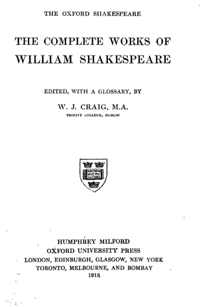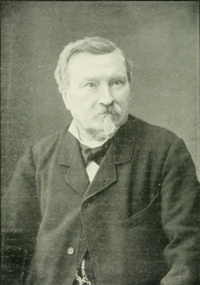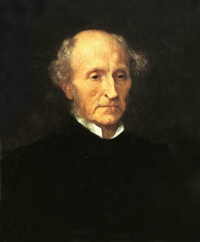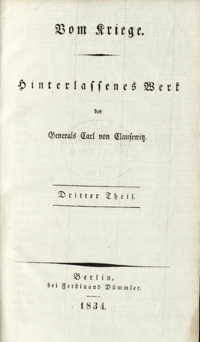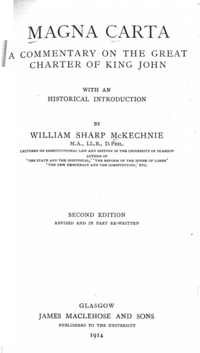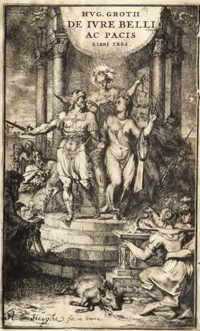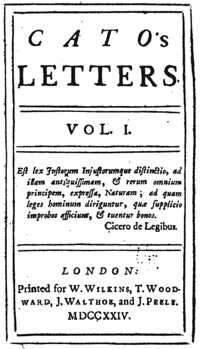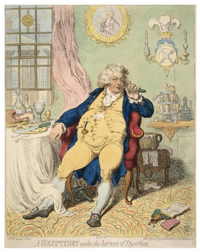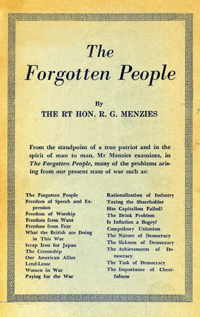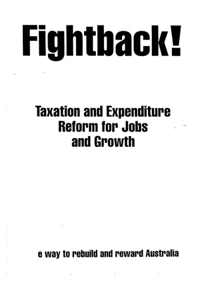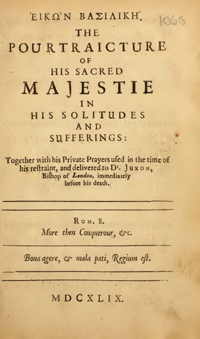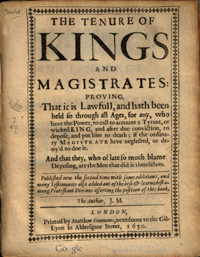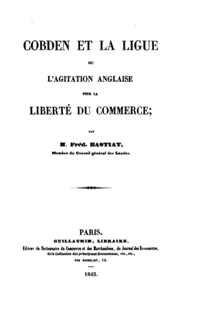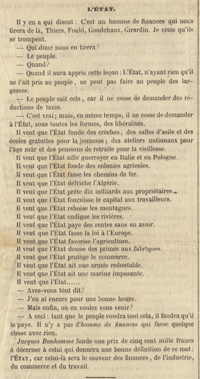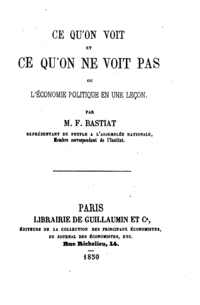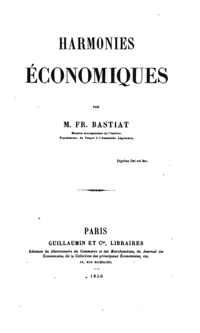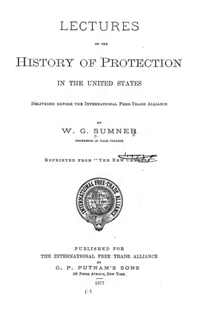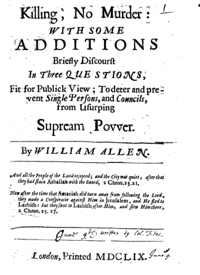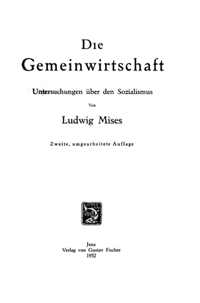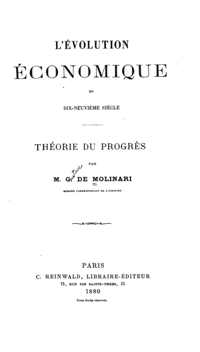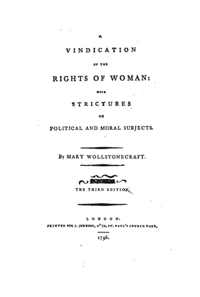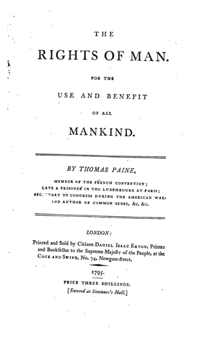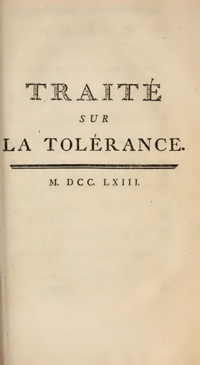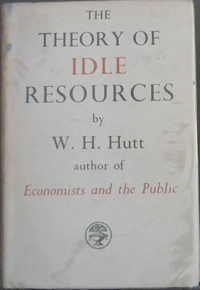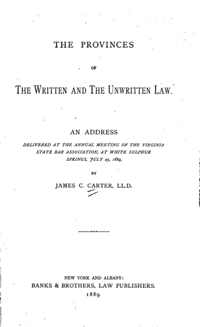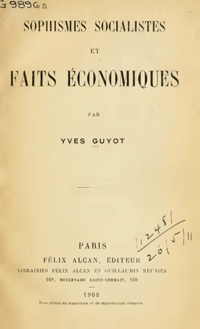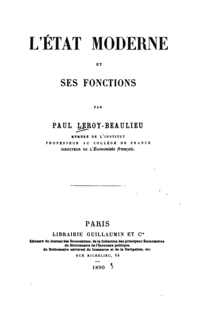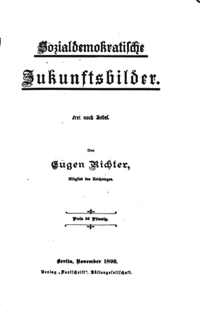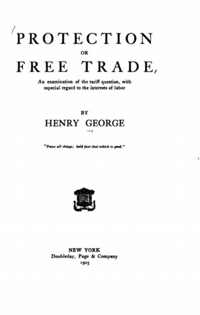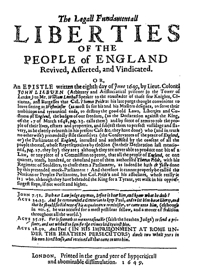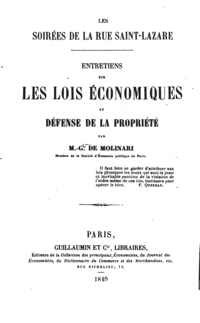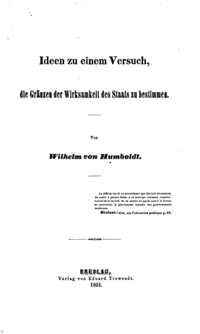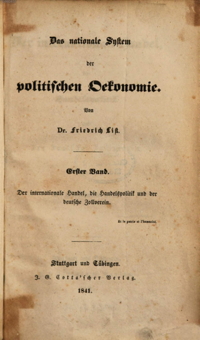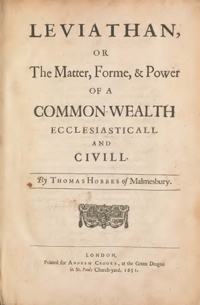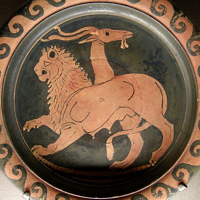

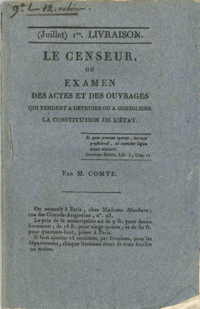

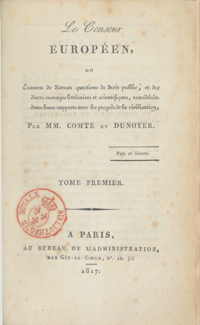
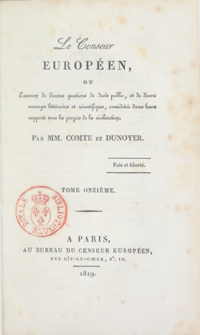 |
Blog posts:
- A list of all my recent posts on the history of the CL tradition (with an overview): “The Classical Liberal Tradition: A Four Hundred Year History of Ideas and Movements” (24 Oct. 2021)
- On the "Linoleum Party" (LINO = Liberal In Name Only): “The Incoherence and Contradictions inherent in Modern Liberal Parties (and one in particular)” (21 Oct. 2021)
- “What CLs were For – Part 2: Ends and Means” (19 Oct., 2021)
- “Classical Liberalism as the Philosophy of Emancipation II: The “True Radical Liberalism” of Peter Boettke” (17 Oct. 2021)
- “Classical Liberalism as a Revolutionary Ideology of Emancipation” (13 Oct. 2021)
- “Hyphenated Liberalism Part II: Utopian, Democratic, Revolutionary, and State Liberalism” (12 Oct. 2021)
- “Classical Liberal Visions of the Future III: Liberal Experiments, Frameworks, and Archipelagos” (11 Oct. 2021)
- “Hayek on Law, Legislation and Liberty (1973-79)” (8 Oct. 2021)
- “Hayek and Spontaneous Order” (13 Sept. 2021)
- “Hayek on a Liberal Utopia” (11 Sept. 2021)
- “The Success of Liberal Ideas has led to the Decline of Radical Liberal Parties” (6 Sept. 2021)
Additions to the Library:
- additions to the Library in the past month or so have been light due to preparations I am making for two seminars, one on
- "The Classical Liberal Tradition: A Four Hundred Year History" (see my blog posts in August)
- IHS Discussion Colloquia on “Hayek and Spontaneous Order” [IHS blurb] and [my blog]
- While editing the HTML versions of Comte and Dunpyer’s articles in Le Censeur européen I discovered that Galllica had added some new editions in colour to their old B&W versions (8 of the 12). I have given them a new home here. The defence of liberty is so much better in colour!: CE-T1-1817-colour.pdf; CE-T2-1817-colour.pdf; CE-T3-1817-colour.pdf; CE-T4-1817-colour.pdf; CE-T5-1817-colour.pdf; CE-T9-1818-colour.pdf; CE-T10-1818-colour.pdf; CE-T11-1819-colour.pdf
- The 2010s saw several important anniversaries in the history of French classical liberal thought which I tried to mark by putting some of the works of these seminal thinkers online:
- 2001 was the 200th anniversary of the birth of Frédéric Bastiat;
- 2012 was the 100th anniversary of Gustave de Molinari's death and 2019 was the 200th anniversary of his birth
- it is also the 200th anniversary of several of Benjamin Constant’s works like “On the Spirit of Conquest and Usurpation” (1814), The Principles of Politics (1815), and “On the Liberty of the Ancients compared to that of the Moderns” (1819)
- and in 1817 there appeared the important revised and expanded 3rd edition of Jean-Baptiste Say’s Treatise of Political Economy
- but this month I want to mark one in particular: 2014 was the 200th anniversary of the publication of Charles Comte and Charles Dunoyer's path-breaking journal Le Censeur which lasted in various forms between 1814 and 1819. So to mark this event I have compiled an anthology of their wrtitings. I have facs. PDFs of their journals and of the individual articles, and am editing an HTML version of them as well. Those in HTML are in bold.
- In their journals Le Censeur (July/Sept. 1814 - 6 Sept. 1815) and Le Censeur européen (Jan./Feb. 1817 - 17 Apr. 1819) we can see the intellectual transformation of the lawyers Charles Comte and Charles Dunoyer from fairly standard defenders of "political liberalism" (freedom of speech and association, constitutional limits on state power, and opponents of "despotism" (whether monarchical or Napoleonic), into a new kind of "social" and "economic" liberalism where matters of productive vs parasitic labour, and the exploitation of the productive "industrial" class by an unproductive parasitic class become increasingly important to them. This transition occurs under the influence of their reading of Saint-Simon and Augustin Thierry, and then most importantly Jean-Baptiste Say (the 3rd ed. of his *Traité de l’économie politique* which was published in 1817) which we can trace in their book reviews. Comte and Dunoyer then apply these ideas in a series of important and original essays of their own which we are putting online in HTML:
- Comte, "Considerations sur l’état moral de la nation française, et sur les causes de l’instabilité de ses institutions" (Thoughts on the Moral State of the French Nation and on the Causes of the Instability of its Institutions) (Jan. 1817) - HTML and facs. PDF
- Comte, "De l'organisation sociale considérée dans ses rapports avec les moyens de subsistance des peuples" (On Social Organisation and its Connection with the Way the People earn their Living) (Mar. 1817) - HTML and facs. PDF
- Dunoyer, “Considérations sur l'état présent de l'Europe, sur les dangers de cet état, et sur les moyens d'en sortir” (Thoughts on the Present State of Europe, the Dangers it faces, and the Means of Escaping them) (Mar. 1817) - HTML and facs. PDF
- Comte, “De la multiplication des pauvres, des gens à places, et des gens à pensions" (On the Increase in Numbers of the Poor, People with Government Jobs, and People who live off Government Pensions) (Mar. 1818) - HTML and facs. PDF
- Dunoyer, "De l'influence qu'exercent sur le gouvernement les salaires attachés à l'exercice des fonctions publiques" (On the Influence exerted on the Government by those who earn Salaries by carrying out Public Functions) (Feb. 1819) - HTML and facs. PDF
- Le Censeur (July/Sept. 1814 - 6 Sept. 1815) - see the updated ToC for the entire collection
- Charles Comte, “Lettre au ministre de l'intérieur, sur la liberté de la presse, considérée dans ses rapports avec la liberté civile et politique.” Le Censeur No. 3. (5-13 July 1814), pp. 75-110. - HTML and facs. PDF
- Charles Dunoyer, ”De L’esprit public en France, et particulièrement de l’esprit des fonctionnaires publics.” Le Censeur. No. 4. (33(sic)-28 July 1814), pp. 156-72. HTML and facs. PDF
- Charles Dunoyer, ”De L’esprit public en France, et particulièrement de l’esprit des fonctionnaires publics.” Le Censeur. No. 6. (3-14 August 1814), pp. 217-29. HTML and facs. PDF
- Charles Comte “Avertissement” (T.1b, Sept. 1814) - HTML and facs. PDF
- [CC??], “Des sectes politiques. Dialogue entre un Royaliste, un Royaliste constitutionnel, un Républicain et un Métaphysicien,” (T.1, July 1814), pp. 41-57. - HTML and facs. PDF
- Charles Dunoyer [CR], “Essai sur les désavantages politiques de la traite des nègres, par Clarkson” (T.2, 15 Nov. 1814) - HTML and facs. PDF
- [CC??], “S’il est permis de tuer un tyran, ou Observations sur l'ordonnance du la octobre 1814, qui anoblit le père de Georges Cadoudal,” pp. 267-80 (T2, Nov. 1814), pp. 267-80. - HTML and facs. PDF
- Anon., “Considérations sur la situation de l’Europe, sur la cause de ses guerres, et sur les moyens d’y mettre fin” (T.3, Dec. 1814) - HTML and facs. PDF
- Charles Dunoyer, "Des Révolutions en général, et des révolutionnaires actuel” (T.3, Dec. 1814) - HTML and facs. PDF
- [CC??], “De l'Autorité légitime et du gouvernement parlementaire” (T.4, March 1, 1815) - HTML and facs. PDF
- [G.F.=CC??] [CR], “De la Réorganisation de la société européenne, etc., par M. le comte de Saint-Simon et de Thierry” (T.4, March, 1815) - HTML and facs. PDF
- [CC??], [CR], “De La Traite et de l'esclavage des noirs et des blancs” (T.4, Mar. 1815, )pp. 210-30 - HTML and facs. PDF
- [D…..R], “De l’influence de l’opinion sur la stabilité des gouvernemens; et de la discordance qui existe entre l’esprit des peuples de l’Europe et la politique de leurs chefs,” (T.6, June 1, 1815), pp. 141-60. - HTML and facs. PDF
- [G.F.] (CC??) [CR], “De la Monarchie française depuis son établissement jusqu'à nos jours, par Montlosier,” (T.6, June 1, 1815) - HTML and facs. PDF
- [CC??] [CR]. “Traité d'économie politique par JB Say,” (T.7, Sept. 6 1815) - HTML and facs. PDF
- [CC], [CR] “Principes de politique applicables à tous les gouvernements représentatifs, et particulièrement à la constitution actuelle de la France; par M Benjamin Constant, conseiller d'état,” Le Censeur T. 7 (6 Sept. 1815), pp. 78-115. - HTML and facs. PDF
- [G.F. = CC] [CR] “De la monarchie française depuis le retour de la maison de Bourbon jusqu'au 1er.avril 1815” (C T.7, Sept. 6 1815) - HTML and facs. PDF
- Le Censeur européen (Jan./Feb. 1817 - 17 Apr. 1819)
- Charles Comte et Charles Dunoyer’s “Avant-propos”, CE (T.1, Jan. 1817) - HTML and facs. PDF
- (CC?), "Considerations sur l’état moral de la nation française, et sur les causes de l’instabilité de ses institutions" (T.1, Jan. 1817) - HTML and facs. PDF
- Charles Dunoyer, “Du système de l'équilibre des puissances européennes” (T.1, Jan. 1817) - HTML and facs. PDF
- (CC??) [CR], “Traité d'économie politique, 3e. édit., par M. Jean-Baptiste Say,” (T.1, Jan. 1817?) - HTML and facs. PDF
- (CC?), "De l'organisation sociale considérée dans ses rapports avec les moyens de subsistance des peuples" (T.2, March 1817) - HTML and facs. PDF
- [D…..r], "Considérations sur l'état présent de l'Europe, sur les dangers de cet état, et sur les moyens d'en sortir" (T.2, March 1817) - HTML and facs. PDF
- Augustin Thierry, [CR] “Manuel électoral à l’usage de MM. les électeurs des départemens de la France, par un Électeur éligible. - Candidats présentés aux électeurs de Paris pour la session de 1817 par un Électeur du département de la Seine,” (CE, T.2, March 1817), pp. 107-68. - HTML and facs. PDF
- (CC??) [CR], “Traité d'économie politique, par J.-B. Say” (Part 2) (T.2, Mar. 1817) - HTML and facs. PDF
- [D…..r], [ CR] “Des Nations et de leurs rapports mutuels (Thierry)” (T2, 27
March 1817) - HTML and facs. PDF
- Augustin Thierry, “Des factions” (CE T3, May, 1817) - HTML and facs. PDF
- [CC??] [CR], “Manuscrit venu de Sainte-Hélène d'une manière inconnue” (T.3, May 1817) - HTML and facs. PDF
- [CC??] [CR], “L'Industrie, ou Discussion politiques, morales et philosophiques, dans l'intérêt de tous les hommes livrés à des travaux utiles et indépendans (par Saint-Simon), T. 2, (T.3, May 1817) - HTML and facs. PDF
- [CC??], “De la multiplication des pauvres, des gens à places, et des gens à pensions" (T.7, 28 mar. 1818) - HTML and facs. PDF
- Charles Dunoyer [CR], “Petit volume contenant quelques aperçus des hommes et de la société;” par J.-B. Say (T.7, Mar. 1818) - HTML and facs. PDF
- Augustin Thierry [CR], "Commentaire sur l'Esprit des lois de Montesquieu, suivi d'observations inédites de Condorcet, sur le vingt-neuvième livre du même ouvrage" (T.7, mars 1818) - HTML and facs. PDF
- [CC??] [CR], “De la Monarchie française depuis la seconde restauration jusqu'à la fin de 1816” (Montlosier) (T.9, July 1818) - HTML and facs. PDF
- [D…..r], "De l'influence qu'exercent sur le gouvernement les salaires attachés à l'exercice des fonctions publiques" (T.11, 15 Feb. 1819) - HTML and facs. PDF
- Dunoyer, [CR] “De la force des gouvernements (Tarayre)”, CE T.12, 15 March 1819) - HTML and facs. PDF
|




